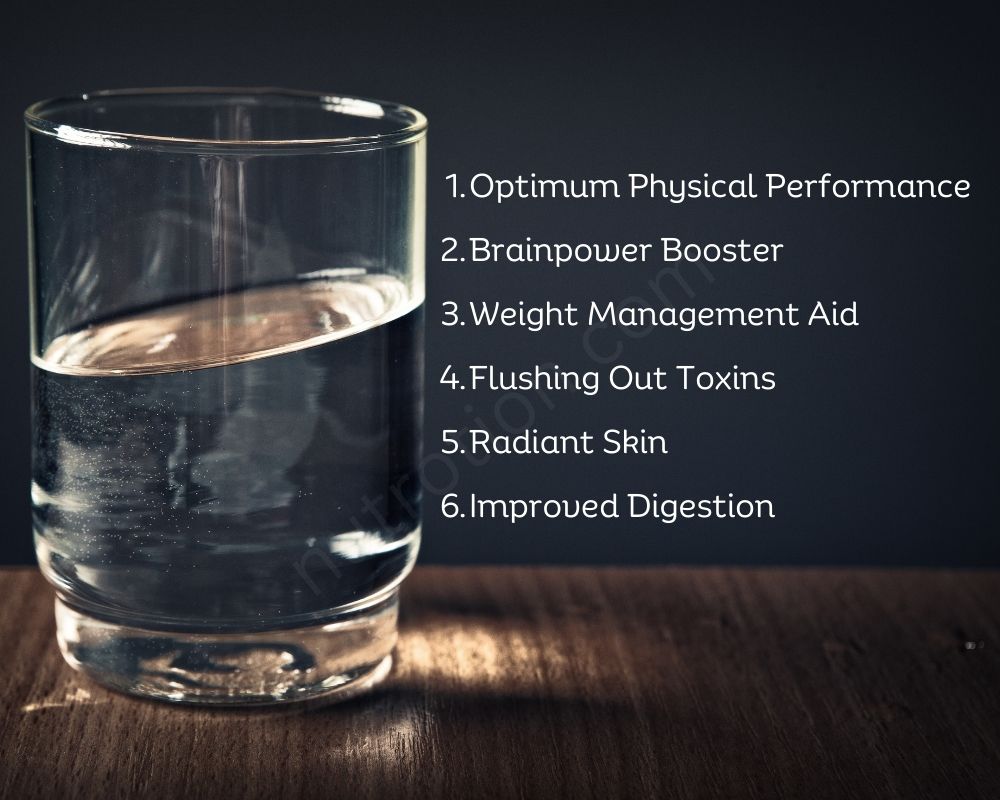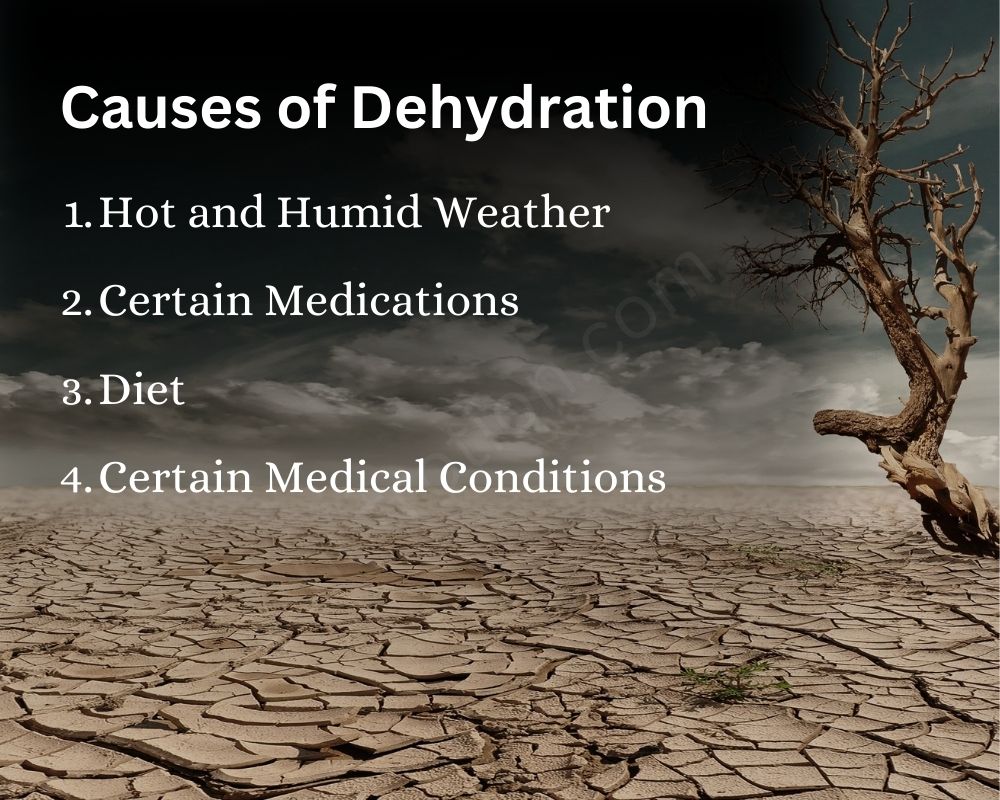Water: It is one of the simplest but also the most vital and frequently neglected things. Yet, our bodies wouldn’t be able to continue living without water, it is the absolute lifeblood. It is water which makes up about 60% of our body weight and is fully involved in almost every bodily function. So, just what is it that makes drinking the needed amount of water so important, here we have curated the article for you.
Benefits of Staying Hydrated

- Optimum Physical Performance
Water serves to lubricate joints, regulate body temperature, and supply muscles with oxygen. Good hydration boosts endurance, lets you keep going during exercise, and sometimes even raises your performance in sports. Research has demonstrated that mild dehydration (as low as a 2% loss of body weight) can cause a decrease in muscle strength and power performance.
- Brainpower Booster
Dehydration may result in different types of cognitive deficits. Studies have evidenced the fact that mild dehydration can cause diminution of attentiveness, focus, and short-term memory. Drinking water in sufficient amounts is a brain tonic because it will keep you focused, improve your memory, and can even lift your mood.
- Weight Management Aid
Water increases the feeling of fullness. It prevents overeating and, ultimately, promotes weight loss. Research has shown that drinking water before mealtime can make people more satisfied and eat less. Apart from that, water is also used in metabolism, and according to some researchers, sufficient hydration can slightly increase the number of calories burned at rest.
- Flushing Out Toxins
Water is necessary for the purposes of kidneys to perform adequately as it is involved in waste and toxin removal from the body. This contributes to the prevention of kidney stones and urinary tract infections and even certain types of cancer. Besides adequate fluid intake helps to dilute waste products in the urine, thus making the urine less concentrated and less likely to form stones.
- Radiant Skin
Dehydration can cause the skin to look tired, dull, and accentuate wrinkles. Drinking enough water makes skin cells look plump, enhances elasticity, and gives you a healthy glowing complexion. Water also plays the role of a nutrient carrier, delivering nutrients to the skin cells and flushing out toxins that can lead to skin problems like acne.
- Improved Digestion
Water helps digest food by breaking it down and keeping it moving through the intestines. Therefore, it prevents constipation. Also, water has the ability to dissolve soluble fiber that is needful for good gut health and promoting the development of healthy bacteria.
Causes of Dehydration

Although thirst is an innate sign to need water, it is not always dependable. Several factors can contribute to dehydration, including:
- Hot and Humid Weather
Perspiration plays a key role in body temperature regulation, though it also causes dehydration by resulting in water loss from the body. Take more water into the body during hot weather or intense physical activities to replace sweat.
- Certain Medications
Diuretics, one of the drugs that require more urine output, can cause dehydration. Make sure to consult your doctor about appropriate hydration guidelines while taking such medications.
- Diet
While some meals could help provide fluids, a diet loaded with processed foods, sugary drinks, and caffeine can have a dehydrating effect. These foods and beverages usually have diuretics or are electrolyte deficient, which can lead to fluid loss.
- Certain Medical Conditions
Vomiting, diarrhea, or diabetes can result in dehydration because of increased liquid losses. People with these diseases often need to be very conscious about their water consumption and get professional advice about proper hydration measures from their doctors.
How Much Water per Day?
The “eight glasses a day” rule refers to a commonly cited guideline and an individual need can also change. Factors such as the rate of activity, climate, complete health, and consuming foods can affect how much water you need. Another good tip is to drink continuously throughout the day, even if you do not feel thirsty. Pay attention to your urine color – light yellow points at good hydration, while darker urine means dehydration. Talking to a physician or a dietitian registered can aid in the determination of your special hydration requirements. Making Hydration a Habit:
Here are some tips to incorporate sufficient water intake into your daily routine:
- Carry your water bottle with you wherever you go and refill it along the way. Having a water bottle readily available is a continuous encouragement to drink and helps you monitor your intake. Find an appealing yet convenient bottle you can carry, and it will become easy to access.
- Set a reminder on your phone or use a water tracking app. You can find lots of apps to monitor your water intake and set your objectives.
- Infuse water by adding fruits, vegetables, or herbs for flavor. This may appeal to water and also encourage you to drink more water. For a refreshing change, add slices of cucumber, lemon, or berries.
- Go for water instead of sugary drinks when you can. Sugary drinks are one of the causes of dehydration and do not provide any nutritional value. The selection of water instead of any other liquid is healthier and more refreshing.
Drink water with meals and snacks. Having a glass of water before, during, and after meals will not only improve digestion but will also keep you satisfied, thus allowing you to consume fewer calories in total. Using these tricks and by modifying your daily routine a little, you will be able to stay hydrated and give your body the chance to function at its best. Water is indeed the elixir of life, and prioritizing sufficient water consumption is an investment in your well-being and health.

